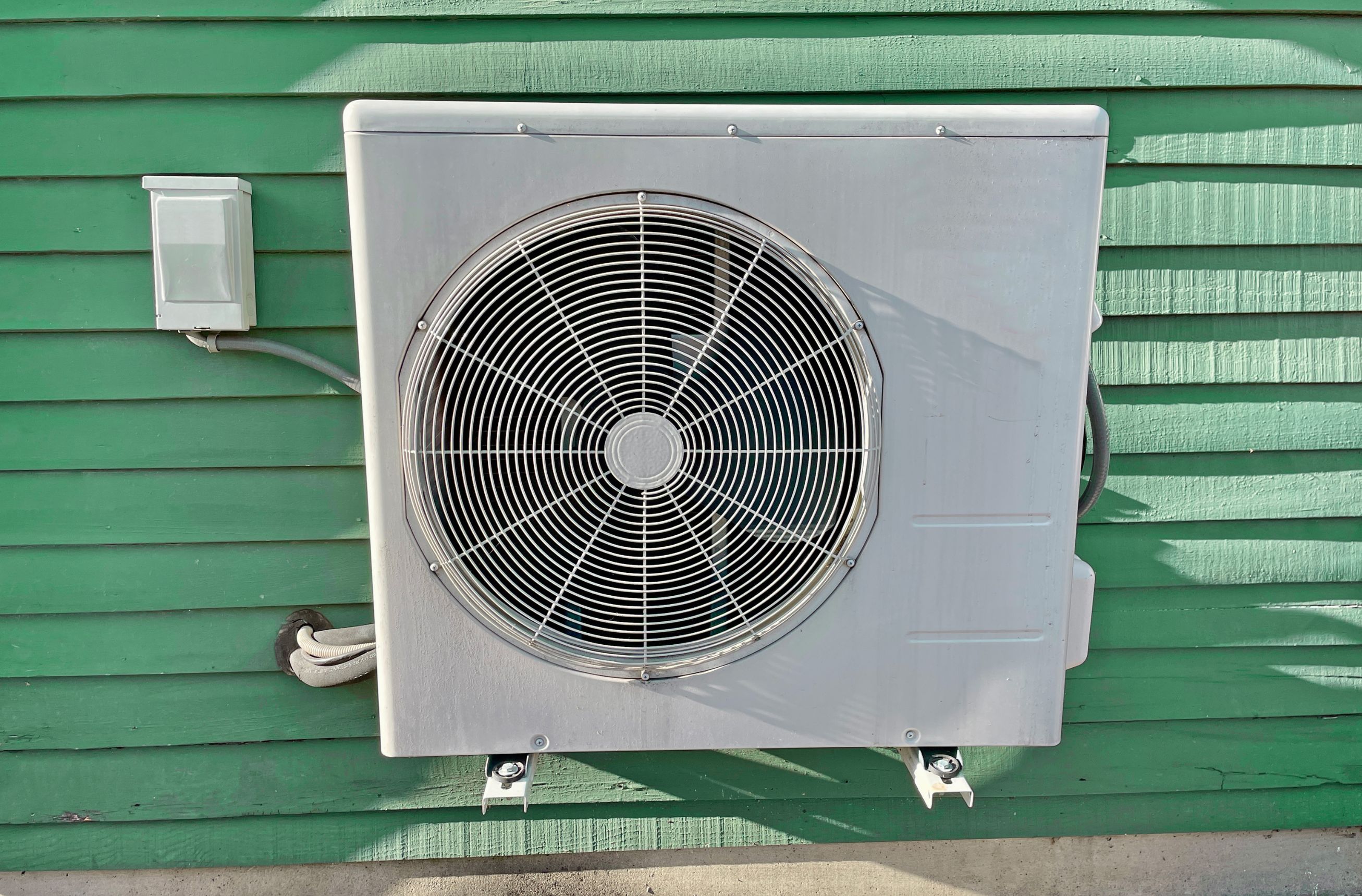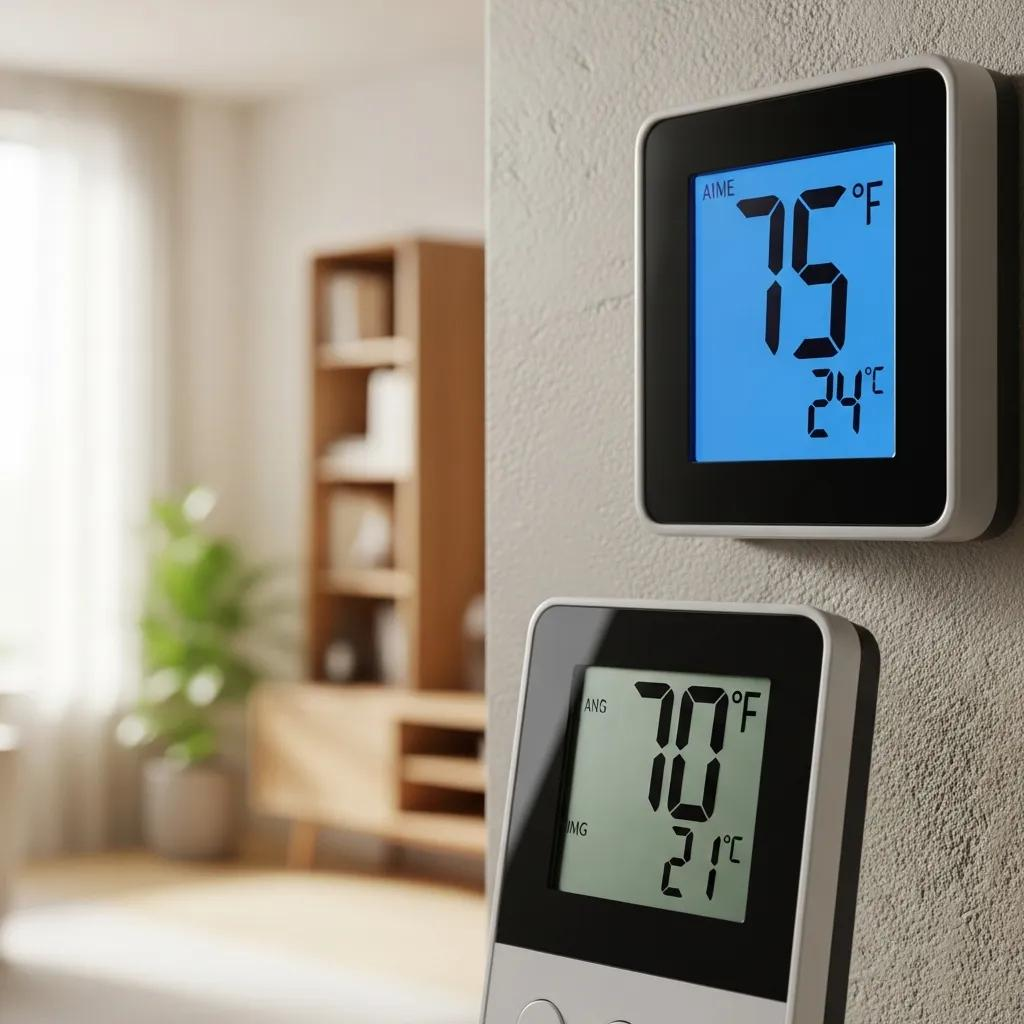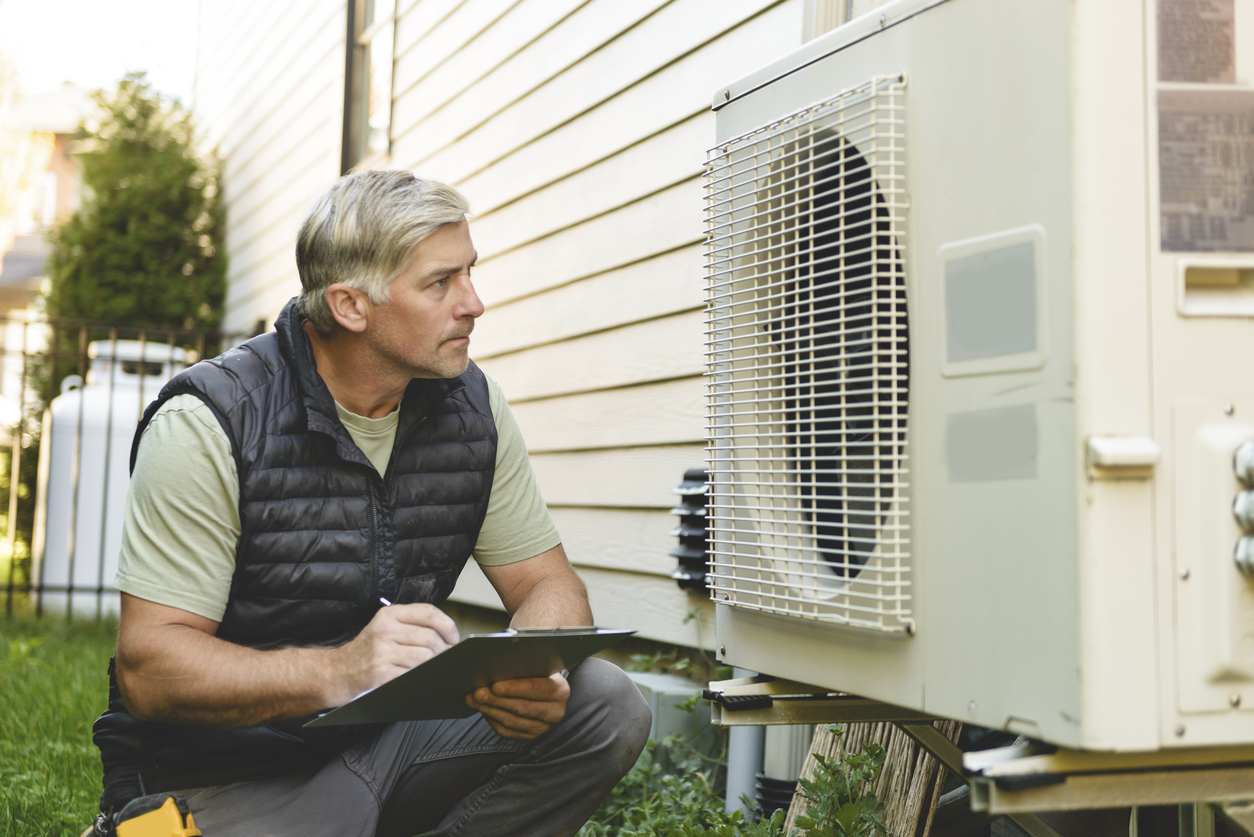How to Address AC Fan Issues During McMinnville Heat Waves

When McMinnville hits peak summer temperatures, a working AC system is not a luxury—it is a necessity. But fan issues can bring everything to a stop. Whether the air feels weak, uneven, or completely stops, the fan is often where the failure begins. Homeowners count on continuous airflow to manage indoor comfort, and any interruption becomes noticeable fast.
If your AC system cannot keep up during a heat wave, especially when you are dealing with humid, stagnant air inside your home, a faulty fan could be the cause. Rather than waiting for the issue to get worse, it is important to understand what is likely going wrong, what signs to watch for, and how to respond before the problem escalates.
Understanding AC Fan Issues During McMinnville Heat Waves
An AC fan works hard all summer long, especially during heat waves in McMinnville. Because it is responsible for pushing cooled air through your home, any breakdown in that function makes the system work harder and produce less. High temperatures stress all parts of the unit, but fans often take the hardest hit since they run frequently and for extended periods.
There are several common reasons for AC fan trouble, especially when outside temperatures climb:
- Worn-out fan motors: These motors operate under nearly constant load in hot weather. Over time, they may develop fatigue or fail entirely.
- Capacitor failure: This internal part helps the fan motor start and stay running. When it goes out, the fan will stop spinning.
- Dirty or blocked fan blades: Dust and debris can build up, especially if the system does not receive regular cleaning. This buildup restricts blade movement.
- Electrical issues: Damaged wires or poor connections can shut off power to the fan without warning.
- Overheating from extended use: When an AC unit runs all day long during a heatwave, internal parts can overheat. Many systems shut the fan off to protect other components from damage.
Even a clogged filter or overgrown grass crowding the outdoor unit can choke off airflow and lead to overheating. Regular upkeep and understanding these causes provide the first defense against breakdowns.
Identifying Symptoms of AC Fan Problems
Spotting problems early can reduce repair costs and keep the rest of the AC system from being affected. Even though warning lights or error messages are rare for fan problems, several signs are easy to catch during McMinnville’s hottest days.
1. Strange noises coming from the unit
Unusual grinding, buzzing, or humming can mean something is wrong with the motor or fan blades. These noises often indicate parts that are rubbing or wearing out.
2. Reduced or no airflow
If the system is running but very little air is coming out of the vents, it could be due to a weak or nonfunctioning fan.
3. Inconsistent cooling
When indoor temperatures feel uneven or drop and rise suddenly, the fan might not be spinning steadily or distributing air properly.
4. Unit turns off before completing a cycle
If the AC keeps shutting off before reaching the target temperature, the fan may be struggling to circulate air. This affects how long the system can stay running.
5. Outdoor unit fan not spinning
If you check the outdoor unit and notice the fan is not spinning while the system is on, this points to a definite issue. This can also lead to compressor overheating.
All of these are red flags that your AC fan may be failing. Unless repaired quickly, they can damage the system further and increase the time and cost of recovery.
Troubleshooting AC Fan Issues
When an AC fan starts to malfunction, there are often simple areas to check first. While trained professionals should handle actual repairs, homeowners can learn what technicians usually inspect when diagnosing a fan problem.
- Blockages and airflow restrictions
Leaves, dirt, and tall grass around the outdoor unit reduce airflow. Inside the home, a clogged air filter or dusty vents can greatly affect cooling and put stress on the fan.
- Fan blades
Bent, dirty, or broken blades prevent movement and reduce air output. A visual inspection sometimes reveals whether the blades are physically damaged or covered in debris.
- Power supply and electrical connections
Loose wires or breaker issues can interrupt power. Fluctuating voltage also affects how the fan motor performs. Technicians will check all power lines and connection points.
- Capacitor or motor condition
A failed capacitor leaves the motor without power to start. You may hear a humming sound but see no fan movement. Weak motors give off heat, may smell burnt, or produce low airflow.
- Thermostat settings and relays
In some cases, it is not the fan itself but the system signals that are off-track. A bad relay or misreading thermostat can cause delayed or missing fan operation.
These factors are all part of a technician’s checklist when diagnosing fan concerns. Even if one area looks fine, others could be contributing to reduced airflow and strain on the AC system.
When To Seek Professional Help With AC Fan Problems
Sometimes the issue is beyond visual inspection and quick resets. If the fan motor is broken, the capacitor is failing, or wiring is damaged, it is time to bring in our professionals. Attempting to handle live components without training is dangerous.
Call our technicians if you notice:
- Outdoor or indoor fan is not spinning despite the unit being on
- Burning smells or excessive heat near the unit
- Warm air or no air blowing from vents
- Loud buzzing or humming near the fan area
- Weak airflow after filter changes and basic cleaning
Our technicians are trained to safely test fan components and determine if the issue is isolated or part of a larger problem like compressor failure. A timely inspection can often restore output before temperatures inside become unmanageable.
Keeping Your AC System Healthy During McMinnville Heat Waves
Avoiding AC fan breakdowns often comes down to maintenance. When indoor and outdoor units are clean and checked regularly, they can handle summer demand more easily. Many system failures are caused by neglect, not rare problems.
You can help keep your unit reliable by:
- Scheduling seasonal tune-ups before high heat
A service check allows our technicians to clear debris, check motor condition, test wires, and spot early warning signs before performance drops.
- Clearing the area around the condenser
Keep at least two feet of space around your AC unit. Cut grass, trim back plants, and clear away leaves to let the fan breathe.
- Replacing or cleaning filters often
Old filters block airflow, forcing the fan to work harder. Depending on dust and use, change filters every one to three months.
- Monitoring sounds and airflow
Listen for new noises and look for loss in air strength or temperature control. Quick response to changes helps avoid future repairs.
- Helping reduce the cooling load indoors
Use fans, curtains, and blinds to reduce the heat load in your home. Less heat means the fan does not need to work as much.
These steps help extend your system’s life and keep cooling consistent through the warmest days in McMinnville.
Ensuring Comfort During McMinnville's Hottest Days
Summer comfort depends heavily on a healthy AC system. A working fan is key to steady airflow and consistent cooling. When that part begins to fail, quick action becomes the best way to keep your home livable.
By watching for symptoms, staying up to date with maintenance, and contacting our technicians when needed, you can avoid large-scale repairs and stressful breakdowns. Regular care helps your system work better, last longer, and handle McMinnville heat with fewer problems.
When rising temperatures make fan issues impossible to ignore, Renhard Heating and Cooling understands that prompt attention is key to keeping your home comfortable. Our professionals offer reliable solutions, including AC repair in McMinnville, to quickly restore your system's performance. For a quick estimate or to book a service visit, please contact us today.
Customer Testimonials
Hear what our satisfied Newberg, OR, customers have to say about the honest, reliable service they've received from our multi-generational team.
Latest Posts

Upgrade to Energy Efficient HVAC for Maximum Savings





